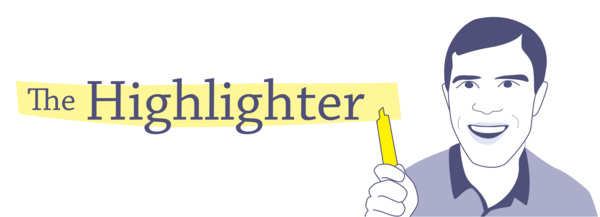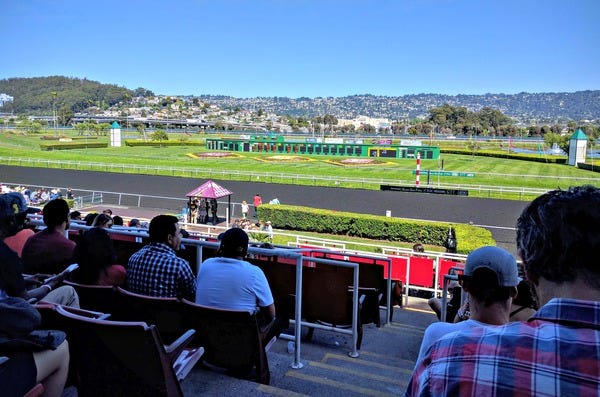Iserotope Extras - Issue #38

I can’t help myself: There are 6 articles this week. (I promise they’re all good.) Read about having children (or not), speed reading (or not), how NPR is out of touch, how baseball is out of touch, how poor people keep the internet clean, and how poor people live longer lives in rich communities. Please enjoy!
This 42-year-old woman doesn’t want to have children — and doesn’t have any regrets about her decision. She wonders why childless men don’t have to answer questions about their choices. To women who call her narcissistic, she writes, “You don’t know what’s right for me, and I don’t know what’s right for you.”
I tend to agree with this article — that claims of “speed reading” really mean “how to skim better.” But I do think that we can train ourselves (and students) to become more focused as we read, and to take in several words at a time, instead of subvocalizing.

My once-a-year day at the races netted $21.50 in profits! (I always win.)
The fight for the future of NPR: Can public radio survive the podcast revolution?
If you listen to NPR, you should read this article. NPR’s average listener is aging (54 years old), and younger listeners don’t like NPR’s bread-and-butter “Morning Edition,” which focuses on authoritative and short news briefs. In this middle of this piece, note how NPR editors and writers get defensive and self-righteous as they talk about covering Syria and Iraq.
The Unbearable Whiteness of Baseball
I like my Giants. (It’s an even year.) But this article — which argues that baseball is a conservative white sport — is compelling. Teams have become less racially diverse, and even though the number of Latino players has risen, baseball is not doing a good job to welcome them. There’s a code in baseball (don’t flip your bat, don’t express emotion) that might translate as, “act white.”

The new Kindle Oasis is $289. Despite the price, I'll be getting one!
The secret rules of the internet
Tech companies like Facebook and Google employ more than 100,000 people worldwide (many in the Philippines) to scrub the internet of violent, distasteful, and illegal content. In fact, it’s a miracle that most of what we see on the web isn’t horrific. This article explains that users — rather than tech companies, rather than the government — do the most to keep online communities safe.
Where living poor means dying young
Iserotope Extras subscriber Nick knows the kind of articles I like, and he submitted this one — thank you, Nick! From the article: “A poor person living in the San Francisco area can expect to live about three years longer than someone making the same income in Detroit. That difference is equivalent to how much national life expectancies would rise if we eliminated cancer.”
That’s it for this week. Hope you enjoyed some (if not all) of the articles. If you know someone who might like Iserotope Extras, invite them to subscribe! See you next Thursday!
Don’t miss out on the other issues by Mark Isero
Become a member for $3 per month
You can manage your subscription here.
In order to unsubscribe, click here.
If you were forwarded this newsletter and you like it, you can subscribe here.
Created with Revue by Twitter.




